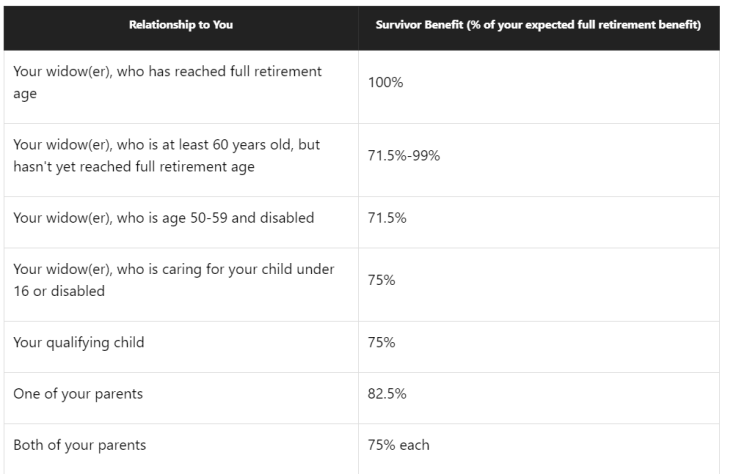Social Security, Medicare News: Trustees Warn Funds Were Running Out Of Money Before Coronavirus

KEY POINTS
- This year's trustees report shows little change from last year's but doesn't account for the impact of the pandemic
- Social Security had $2.9 trillion in reserves at the end of 2019. It paid out more than $1 billion in 2019
- Medicare spent $796 billion last year
The board of trustees for Social Security warned Wednesday the retirement fund would be unable to pay full benefits by the mid-2030s while Medicare trustees warned the fund would become insolvent within six years without any action by lawmakers – and that’s before factoring in the impact from the coronavirus pandemic.
The projections were in line with last year’s projections.
The 2020 report said Social Security had $2.9 trillion in reserves at the end of 2019, enough to pay full benefits until 2034, while the Disability Insurance Trust Fund had sufficient funds through 2065. Medicare’s Hospital Insurance Fund had $195 billion at the end of 2019, enough for full benefits through 2026.
The estimates do not consider the effects of a prolonged recession as a result of the coronavirus pandemic, which will reduce the amount collected in payroll taxes. As of last week, 22 million Americans had filed first-time unemployment claims since mid-March.
Treasury Secretary Steven Mnuchin noted the reports represent no substantial changes from last year’s analyses.
“The Medicare Hospital Insurance program is on track to meet its obligations to beneficiaries until 2026, the same as reported last year,” Mnuchin said in a press release.” The Social Security Disability Insurance program is projected to pay full scheduled benefits through 2065, 13 years later than last year’s report. The Social Security Old Age and Survivors Insurance program is projected to pay full scheduled benefits through 2034, which is the same outlook as last year.”
The Social Security trustees noted the programs are facing long-term shortfalls and will experience growth outstripping growth of the gross domestic product because of the pace at which the population is aging and the volume and intensity of services provided to people facing end-of-life crises.
“Lawmakers have many policy options that would reduce or eliminate the long-term financing shortfalls in Social Security and Medicare,” the Social Security trustees said. “Lawmakers should address these financial challenges as soon as possible. Taking action sooner rather than later will permit consideration of a broader range of solutions and provide more time to phase in changes so that the public has adequate time to prepare.”
Social Security handed out more than $1 billion in benefits to 67.9 million seniors and other beneficiaries in 2019.
Since its inception in 1937, Social Security has collected $20.9 trillion and paid out $18 trillion.
“Notwithstanding recent favorable developments, current-law projections indicate that Medicare still faces a substantial financial shortfall that will need to be addressed with further legislation,” the Medicare trustees said. “Such legislation should be enacted sooner rather than later to minimize the impact on beneficiaries, providers and taxpayers.”
Medicare spent $796 billion last year, with the trustees projecting expenditures to increase from 3.7 percent of GDP in 2019 to 3.9% in 2020 and 6.5% by 2094. But that could change if healthcare prices increase.
“The HI trust fund does not meet either the trustees’ test of short-range financial adequacy or their test of long-range close actuarial balance,” the trustees said.
© Copyright IBTimes 2024. All rights reserved.






















